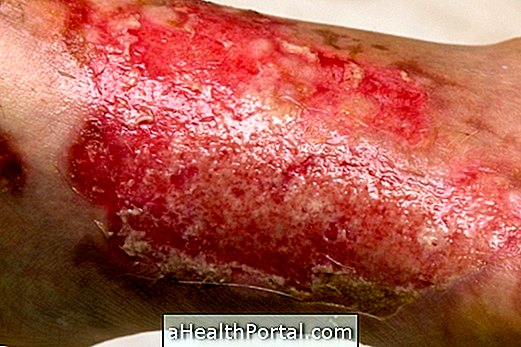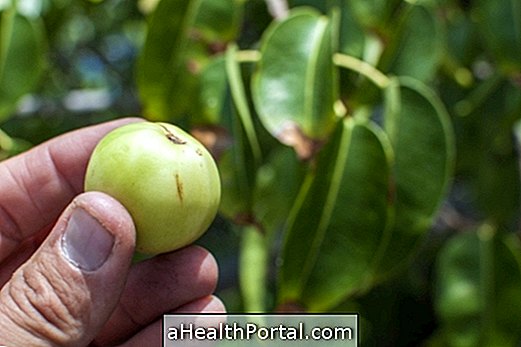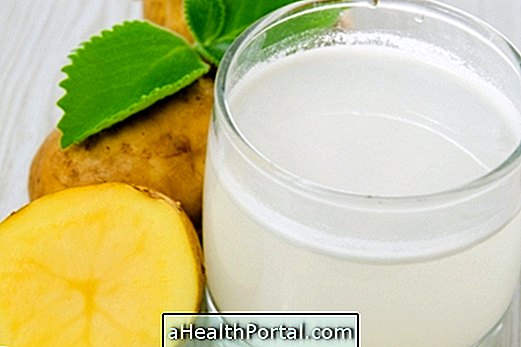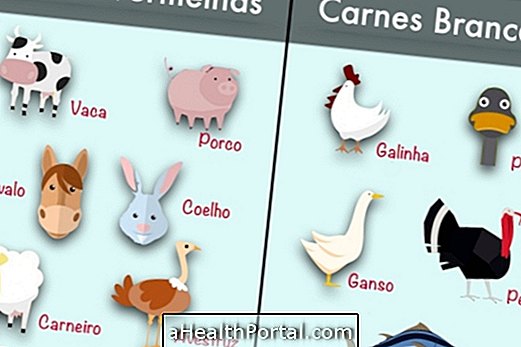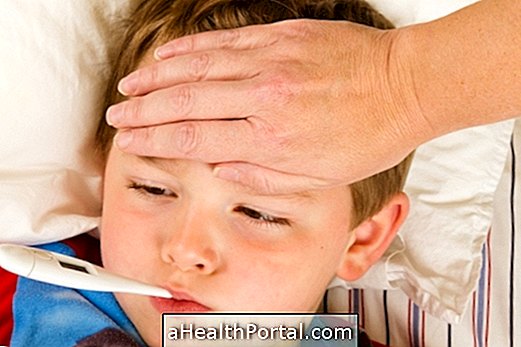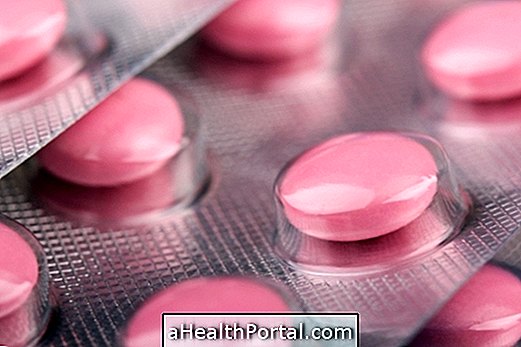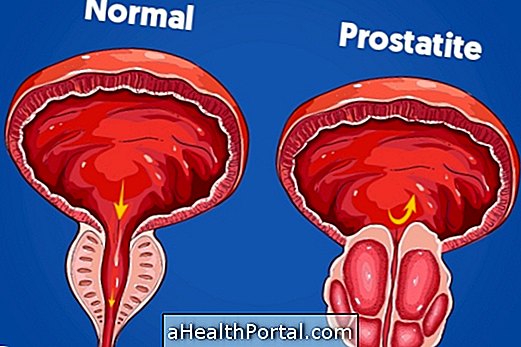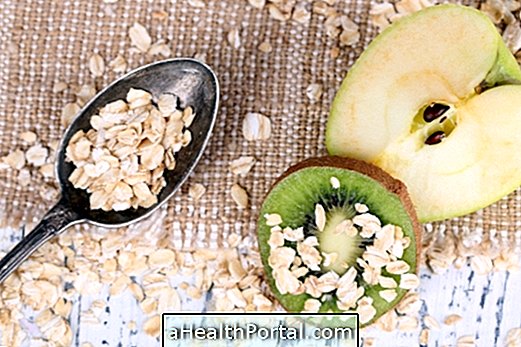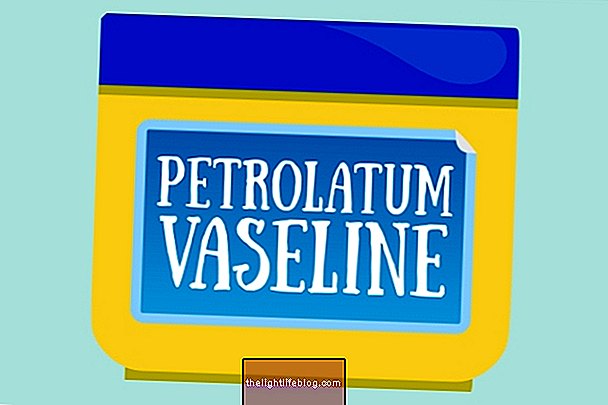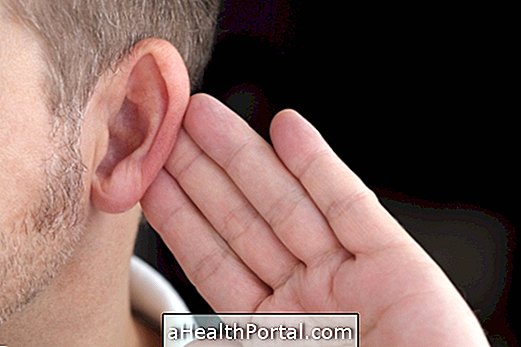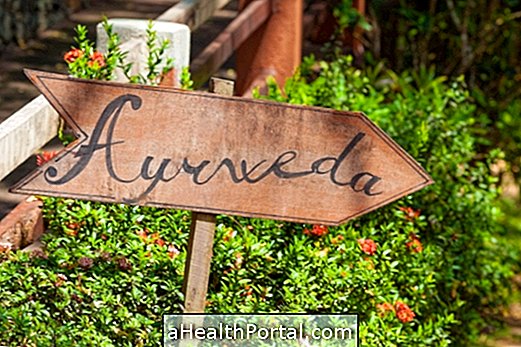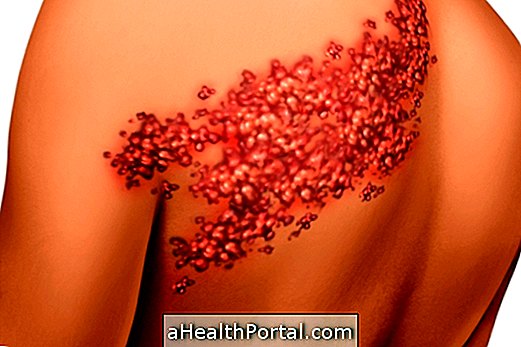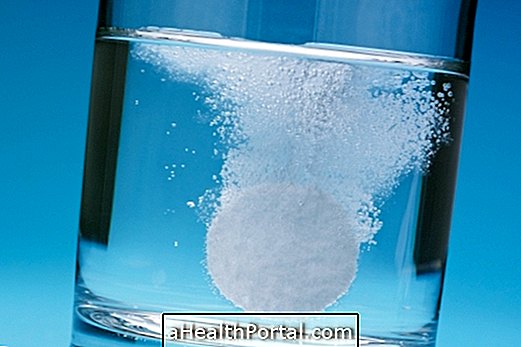Rectal Tenesmus is characterized by an intense desire to evacuate, even without feces in the rectum. The person feels a sense of inability to completely empty the large intestine, even if he has no stool to expel.
This condition may be associated with other diseases or health problems, such as inflammatory bowel disease, anxiety or problems that affect bowel motility, and may cause symptoms such as pain, especially if there is an involuntary effort to evacuate, cramps or other digestive symptoms.
The treatment depends on the disease that is the origin of tenesmus, can be done with medicines or simply with the adoption of a healthy lifestyle.

Possible causes
There are several causes that may be at the origin of rectal tenesmus:
1. Inflammatory bowel disease
Inflammatory bowel diseases such as Ulcerative Colitis or Crohn's Disease can cause symptoms such as bloating, fever, severe diarrhea, and tenesmus. Learn more about Crohn's Disease and Ulcerative Colitis.
2. Intestinal infection
Symptoms of intestinal infection vary depending on the microorganism that causes the disease, but usually causes colic and abdominal pain, diarrhea, loss of appetite, fever and in some cases tenesmus. Identify an intestinal infection and what you can eat.
3. Anal Abscess
Anal abscess consists of the formation of a cavity with pus in the skin of the region around the anus, which can cause symptoms such as pain, especially when evacuating or sitting, a painful lump in the anal region, bleeding or elimination of yellowish secretions. Rectal tenesmus also occurs. Learn how to identify this problem.
4. Bowel cancer
Bowel cancer can cause symptoms such as frequent diarrhea, blood in the stool, belly pain or tenesmus, which can be difficult to identify because they are signs that can also occur due to common problems such as intestinal infection or hemorrhoids. Learn about other symptoms of bowel cancer.
5. Diverticulosis
This is a disease of the intestine characterized by the formation of diverticula, which are small pockets present in the mucosa of the intestine, which form when points of the wall of the intestine are fragile, and end up being projected to the outside due to intestinal contractions. Generally, they do not cause symptoms, except when they ignite or infect, giving rise to diverticulitis. Learn how to identify and treat diverticulitis.
6. Irritable Bowel Syndrome
Irritable bowel syndrome is an intestinal disorder that can cause abdominal pain, constipation or diarrhea and, in some cases, tenesmus. People with this syndrome are especially sensitive to stimuli, such as stress, diet, medications or hormones, which can cause abnormal contractions in the intestine or elsewhere in the gastrointestinal tract. Learn more about Irritable Bowel Syndrome.
Besides these, there are other causes that can lead to rectal tenesmus, such as inflammation of the colon due to radiation, anxiety, abnormal movement of food in the digestive tract, prolapsed hemorrhoids, rectal abscess or gonorrhea, which is a sexually transmitted disease.

What is the diagnosis
The diagnosis of rectal tenesmus usually consists of a physical examination, assessment of symptoms and bowel habits, diet, lifestyle and health problems, blood and stool culture tests, X-ray or abdominal region, colonoscopy, sigmoidoscopy and diagnosis of sexually transmitted diseases.
How is the treatment done?
Treatment will depend on the cause or illness that is the cause of tenesmus. Thus, treatment can be performed using anti-inflammatory drugs or oral or rectal corticosteroids, which reduce inflammation, immune suppressive drugs, which inhibit immune system response, inflammation, antibiotics or antiparasitics, which fight infections, in the case of sexually transmitted diseases or intestinal infection.
In addition, the physician may also recommend the use of laxatives, for people suffering from tenesmus associated with constipation or for those who have intestinal motility disorders, pain relievers to relieve pain and avoid some foods that may be causing intestinal changes .
Natural Treatment
In addition to drug treatment, there are measures that can help alleviate or even resolve tenesmus. For this, it is very important to adopt a balanced diet, rich in fiber, such as vegetables, fruit, beans and lentils, seeds and nuts, drink plenty of water, practice regular exercise, to establish a good bowel function and reduce stress.
What is the difference between rectal tenesmus and bladder tenesmus?
While rectal tenesmus is characterized by an intense desire to evacuate, with a sensation of remaining stools in the rectum, bladder tenesmus is a distinct condition, which is related to the bladder, ie people with bladder tenesmus, feel that, after urinating, can not fully empty the bladder, even if it is empty.
